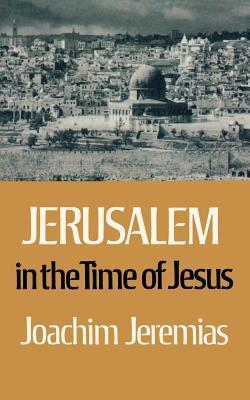10 to 20 percent literacy in the Roman Empire seems in the right ballpark.Can't tax people if the King doesn't know what they have.
In his now-classic study of ancient literacy, William Harris gave compelling reasons for thinking that at the best of times in antiquity only 10% or so of the population was able to read [Ancient Literacy; Harvard University Press, 1989]. By far the highest portion of readers was located in urban settings. Widespread literacy like that enjoyed throughout modern societies requires certain cultural and historical forces to enact policies of near universal, or at least extensive, education of the masses. Prior to the industrial revolution, such a thing was neither imagined nor desired. As Meir Bar Ilan notes: “literacy does not emerge in a vacuum but rather from social and historical circumstances.”
Moreover, far fewer people in antiquity could compose a writing than could read, as shown by the investigations of Raffaella Cribiore, who stresses that reading and composition were taught as two different skills and at different points of the ancient curriculum. Learning even the basics of reading was a slow and arduous process, typically taking some three years and involving repeating “endless drills” over “long hours.” “In sum, a student became accustomed to an incessant gymnastics of the mind.” These kinds of “gymnastics” obviously required extensive leisure and money, neither of which could be afforded by any but the wealthy classes.
One to three percent literacy seems really pessimistic, unless you just limit it to people who could read and write in a high literary style; aka people who could comfortably read and discuss Virgil or Cicero.
Assuming the 2nd century Church bishops are correct about the authors of the NT, I don't think it strains credulity to think a Pharisee, a physician, a customs official, a secretary could write in basic Greek or Aramaic.
The only way I can reasonably infer a fisherman like John was involved in the gospel of John is if he dictated his testimony to people who could write.

